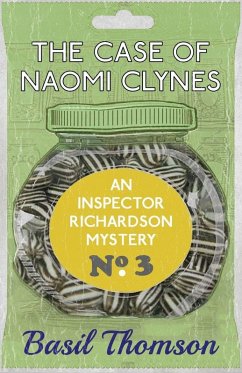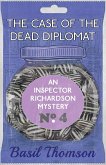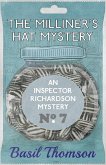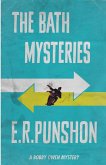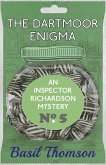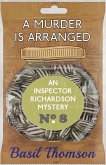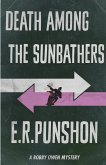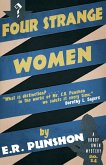"The late Miss Clynes, sir? How dreadful. It must have been very sudden." "It was." Naomi Clynes was found dead, her head in the gas-oven. She left a suicide note, but Richardson, newly promoted to the rank of Inspector in the C.I.D., soon has cause to think this is a case of murder. With scarcely a clue beyond a postmark and a postage stamp, treasured by the deceased, he succeeds in bringing home the crime to a person whom no one would have suspected. The Case of Naomi Clynes was originally published in 1934. This new edition, the first in many decades, features an introduction by crime novelist Martin Edwards, author of acclaimed genre history The Golden Age of Murder. "Sir Basil Thomson is a past-master in the mysteries of Scotland Yard, and this novel is a highly capable piece of work…A brisk story, skilfully told." Times Literary Supplement "A first-class thriller. Written with lively vigour and a realism that can only come from an author who knows his subject, it can be wholeheartedly recommended as the best detective story of the week." Sunday Referee
Hinweis: Dieser Artikel kann nur an eine deutsche Lieferadresse ausgeliefert werden.
Hinweis: Dieser Artikel kann nur an eine deutsche Lieferadresse ausgeliefert werden.

